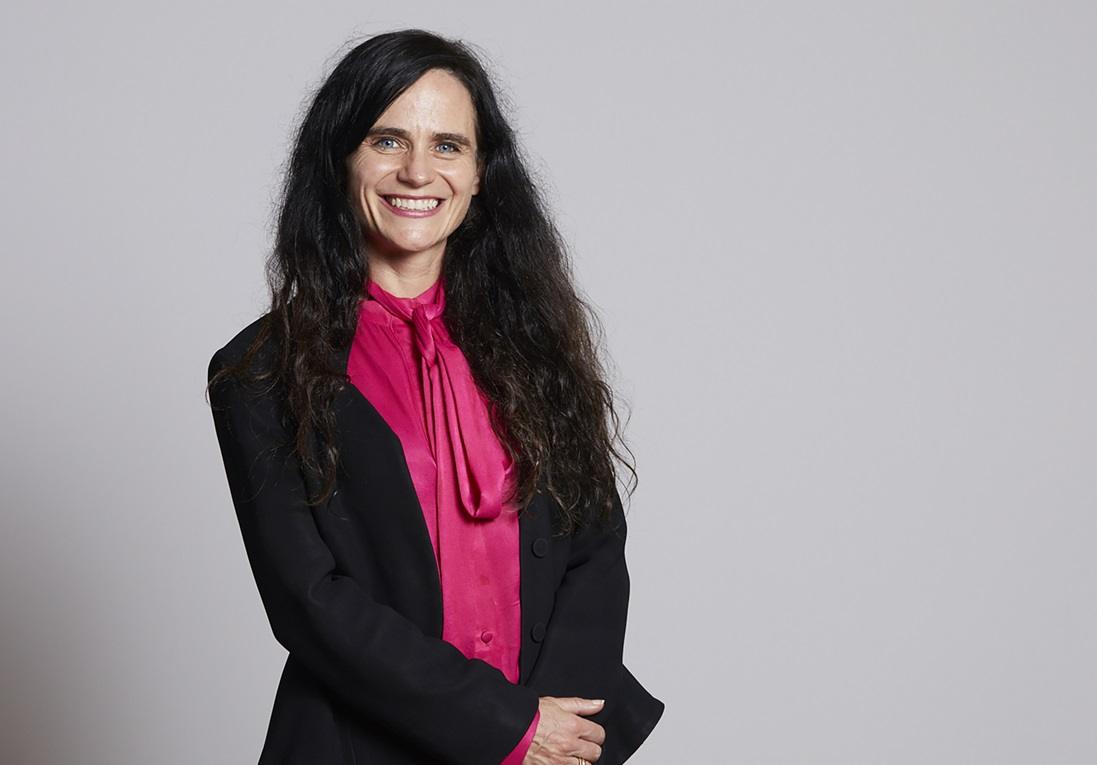S&P DJI and New Zealand’s Exchange Launch Low Carbon Versions of NZX 50 Indices
New Zealand’s Exchange and Index provider S&P Dow Jones Indices (S&P DJI) announced today the launch of carbon efficient versions of New Zealand’s primary stock market indices, the S&P/NZX 50 series.
The S&P/NZX 50 measures the performance of the 50 largest stocks listed on the NZX, while the S&P/NZX Portfolio index is comprised of the same constituents, applying a 5% cap on the float-adjusted market capitalization.
The new S&P/NZX 50 Carbon Efficient Index and S&P/NZX 50 Portfolio Carbon Efficient Index will adjust the weights of index constituents based on their carbon intensity and sector impacts, utilizing S&P’s Trucost’s environmental dataset. At launch, the S&P/NZX 50 Carbon Efficient Index and the S&P/NZX 50 Portfolio Carbon Efficient Index will be about 25% and 19% lighter on carbon emissions than their parent indices, respectively, while providing similar risk/return characteristics as the parent indices.
According to S&P DJI and NZX, the indices aim to incentivise New Zealand companies to compare their carbon intensity to their industry group peers around the world.
NZX Chief Executive, Mark Peterson said:
“An important role for New Zealand’s Exchange is to ensure capital can be invested with confidence into companies that provide opportunities for sustainable growth.
“There is global consensus around climate change – and, with carbon intensity a key concern, we expect investment products to be quickly created off the back of these indices.”
S&P DJI Managing Director and Global Head of ESG Indices, Reid Steadman, added:
“With growing awareness from both institutional and retail investors, companies are increasingly measuring and managing their environmental impacts. For example, since the launch of the S&P/JPX Carbon Efficient Index in 2018, we have seen a 34.6% increase in the number of Japanese companies that have disclosed their GHG emissions.
“The S&P Carbon Efficient Indices and data help encourage behavioural change among companies and shape the overall ESG landscape.”






